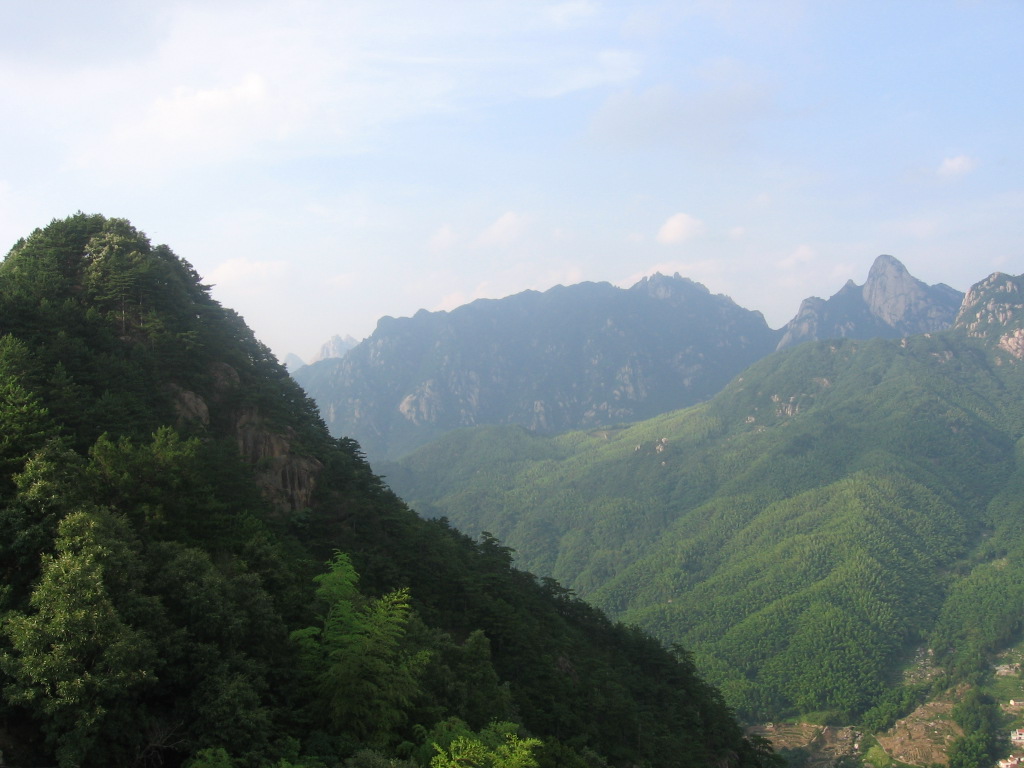Here are several reent articles on the phenomenon of hikikomori:
- “Permissive, Overbearing Parenting Is Connected to Hikikomori,” published in Psychology Today. The article premise is that hikikomori children are created by “parents who displayed some combination of being overbearing (helicoptering) and/or overly indulgent, which includes the sort of permissive parenting bereft of rules, structure, expectations, and consequences.” The article, however, does not address child psychology, neurological factors, or societal context.
URLL: https://www.psychologytoday.com/us/blog/liftoff/202404/permissive-overbearing-parenting-is-connected-to-hikikomori. - “The Concerning Global Rise in Hikikomori Syndrome, Explained,” puiblished in Psychology Today . The article maintains that “Hikikomori syndrome is an extreme form of social withdrawa influenced by psychiatric conditions, personality traits, family dynamics, and other factors.” The artivle notes that ‘”family support, mental health support, and starting with small steps can help hikikomori re-enter society.” In supporting the premise of global rise, reference is made to an article that quantifies the growth of the population of identifiable hikikomori. For this article, see note 3.
URL: https://www.psychologytoday.com/us/blog/social-instincts/202404/the-concerning-global-rise-in-hikikomori-syndrome-explained
3. The review article referred to by the above article 2. was recently published by International Journal of Environmental Research and Public Health and is freely available via open access. Title: “Hikikomori: A Scientometric Review of 20 Years of Research.”
URL: https://www.mdpi.com/1660-4601/20/9/5657
4. An article from OHSU News (Oregon Health & Science University News) titled “New tool will help to diagnose form of extreme social isolation,” describes a proposed new diagnoistic tool for identifying the hikikomori patient, The tool is HiDE (Hikikomori Diagnostic Evaluation.
URL: https://news.ohsu.edu/2023/09/19/new-tool-will-help-to-diagnose-form-of-extreme-social-isolation
